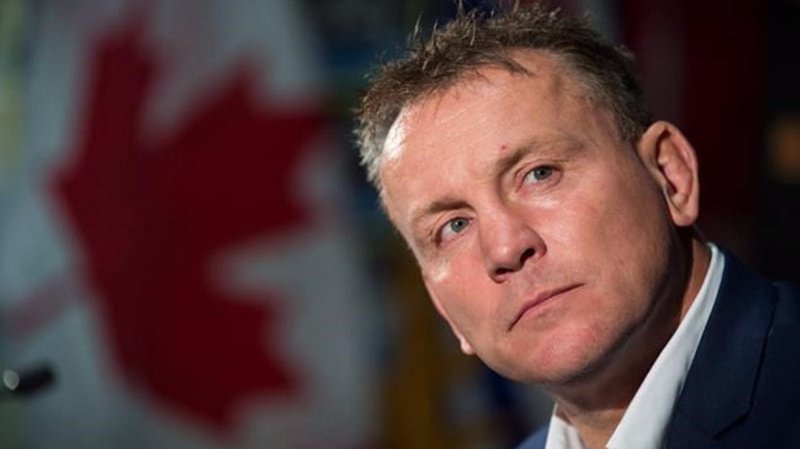
Rugby Canada expands young talent search both in Canada and abroad
Canada rugby coach Kingsley Jones is back on the field, finally coaching again — albeit with small groups and under COVID-19 restrictions.
Jones has been helping out with the developmental Pacific Pride program run by former Canadian international star forward Jamie Cudmore on Vancouver Island.
There are rules and protocols to follow these days. Jones said the training sessions involved three groups of 10 players with Jones and Cudmore unable to switch positions in order to lessen risk of the virus.
“It’s just a minefield,” said Jones.


